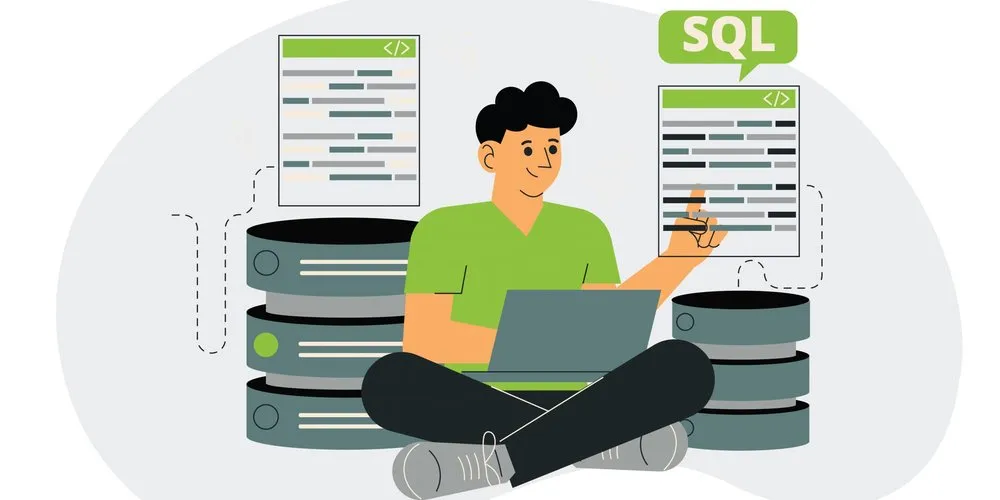What is Data Engineering?
‘Data is the new oil’. Heard of it? Well, it's tough to describe data engineering accurately. Data Engineering is a field that deals with data analysis and tasks such as obtaining and storing data from various sources. It entails planning and building the data infrastructure required to gather, clean, and format data so that it is accessible and usable to end users. This procedure guarantees that data is both valuable and accessible. Data engineering is primarily concerned with the practical applications of data collecting and processing. Data Engineering improves the efficiency of data science. Although it appears to be an easy job, it necessitates a high level of data literacy.
Importance of Data Engineering
Technological advancements have had a significant influence on the vitality of data throughout time. We used to create traditional data warehouses, give BI reporting, and perform upgrades and maintenance on such platforms. In today’s world of innovative startups and businesses, we're building with new tools for the modern world. Cloud computing, open-source initiatives, and the massive expansion of data are all examples of these breakthroughs.
Data is there at every stage of the route, whether business teams are dealing with sales data or evaluating their lead life cycles. We no longer construct data warehouses. We're creating data lakes and real-time data streams instead. In the era of big data, more controlled data implies more accurate forecasts. Data engineering is critical because it enables companies to optimize data for usability. There is no data without data engineering. There is no machine learning or AI without data. Data science requires data to run algorithms on.
If you don't want to fall behind, focus on data engineering today so you can move on to deep analytics and data science before it becomes too late.
Role of Data Engineers
The "engineering" element is the key to knowing what data engineering is. For operational usage, data engineers construct up analytics databases and data pipelines. Much of their work entails preparing large amounts of data and ensuring that data flows are as smooth as possible. These pipelines must collect data from a variety of sources and store it in a single warehouse that represents it consistently as a single source of truth. The objective of data engineers is to ensure that data is not just abundant but also clear. Part of the work entails formatting both structured and unstructured data. Data that is structured can be stored in a database. They require essential abilities such as programming, mathematics, and computer science, as well as experience and soft skills in order to convey data patterns that aid corporate success. Data engineers are in charge of overseeing an organization's analytics. Your data is given mobility by data engineers.
Data Engineers also handle some of the on-and-off duties, such as:
- Interaction with management to have a better understanding of the company's goals
- New data validation procedures and data analysis tools are being developed
- Ensuring that data governance and security standards are followed
- Identifying ways for increasing data accuracy and efficiency
- Discovering tasks that will be automated using the required data
Conclusion
“Without a systematic way to start and keep data clean, bad data will happen.” — Donato Diorio
It should go without saying that data is useless unless it can be read. As a result, data engineering is the initial stage in turning data into meaningful information. Nearly every goal of the business necessitates the use of data engineering. To prepare and analyze data for future study, data engineers employ a variety of skills and technologies. Analysts and scientists will be unable to access and operate with data without the infrastructure established by data engineers. And as a result, organizations risk losing access to one of their most precious assets. For company scalability, Incentius recognises the necessity of data engineering. That's why we offer quality Data Engineering services to take your company to the next level.










